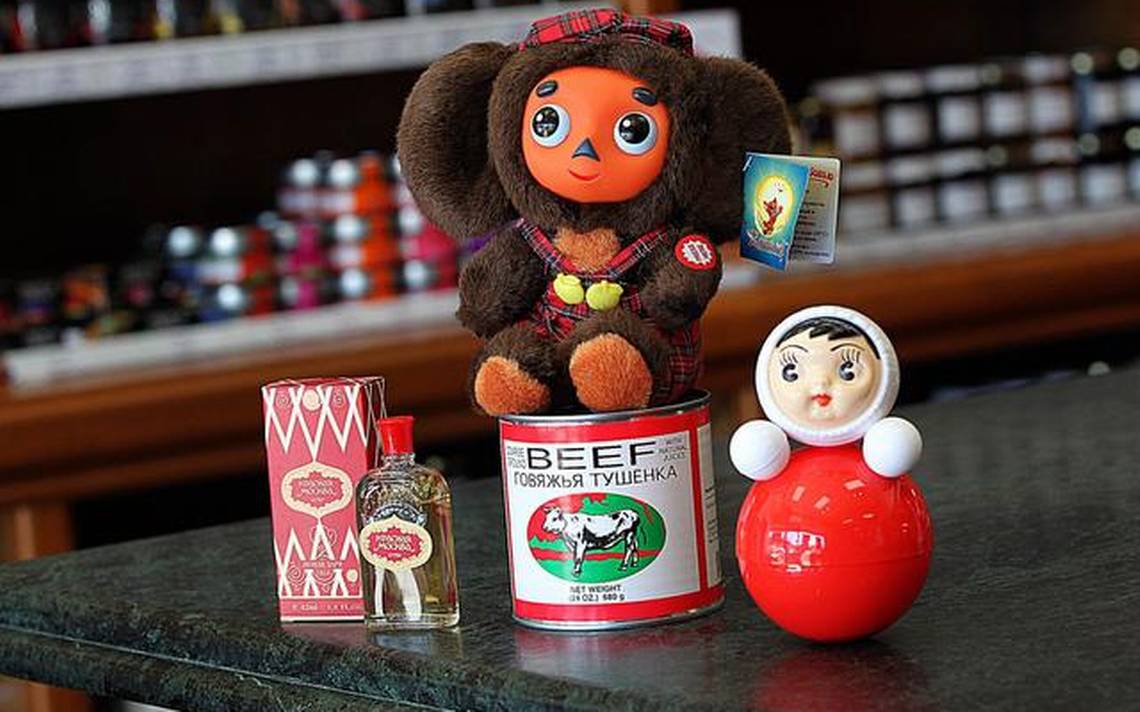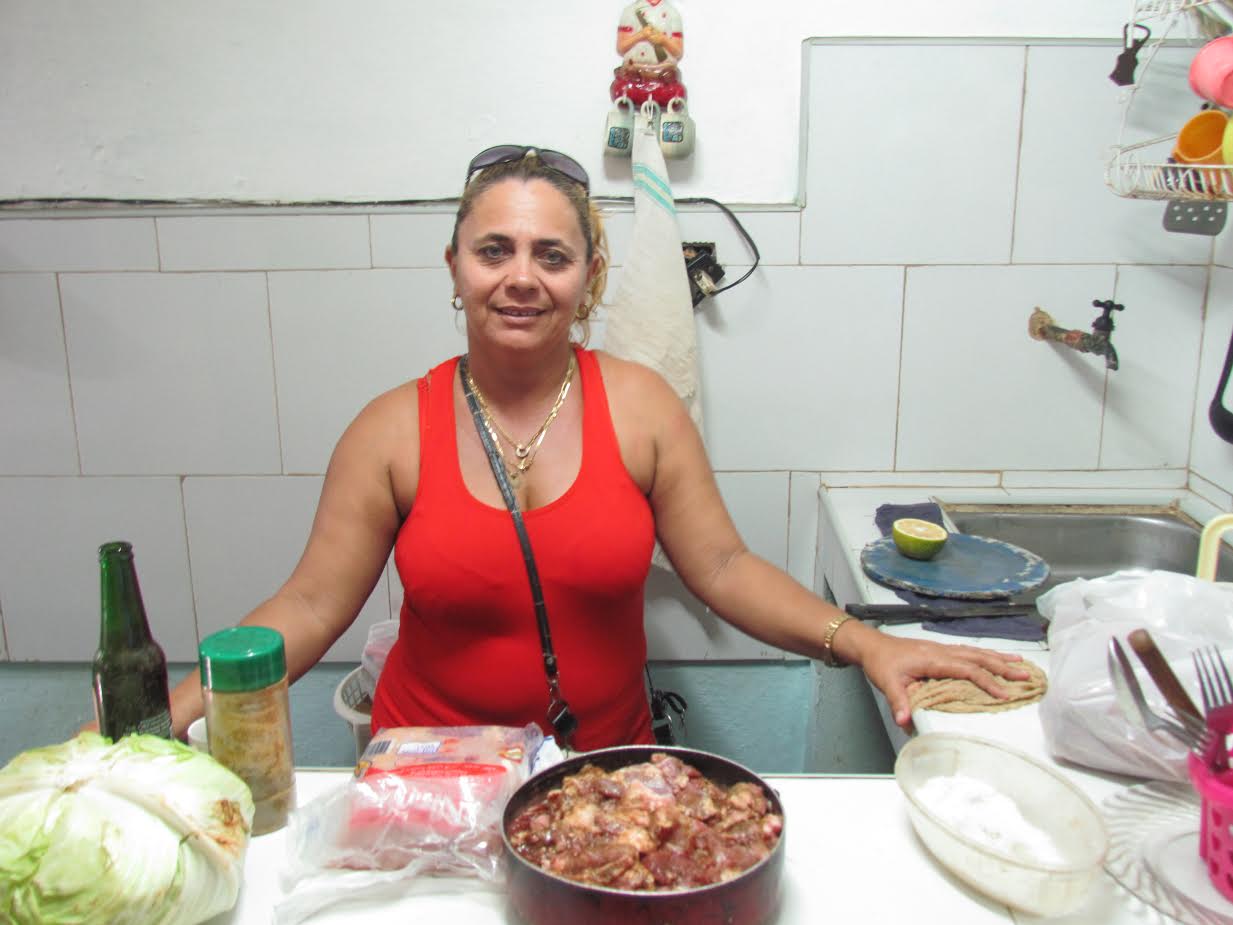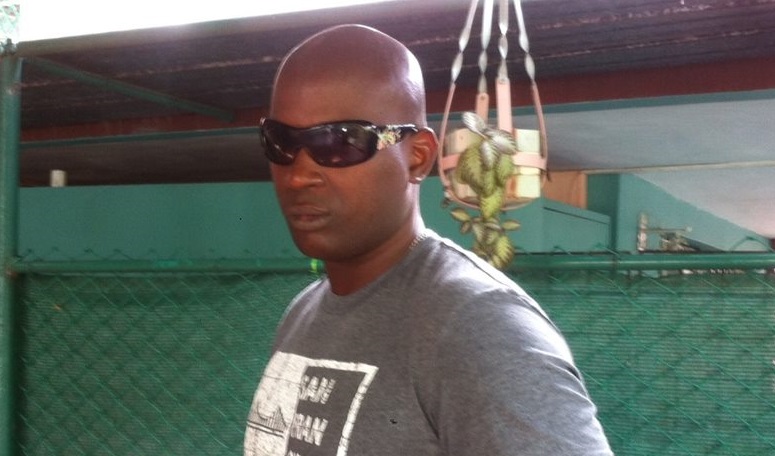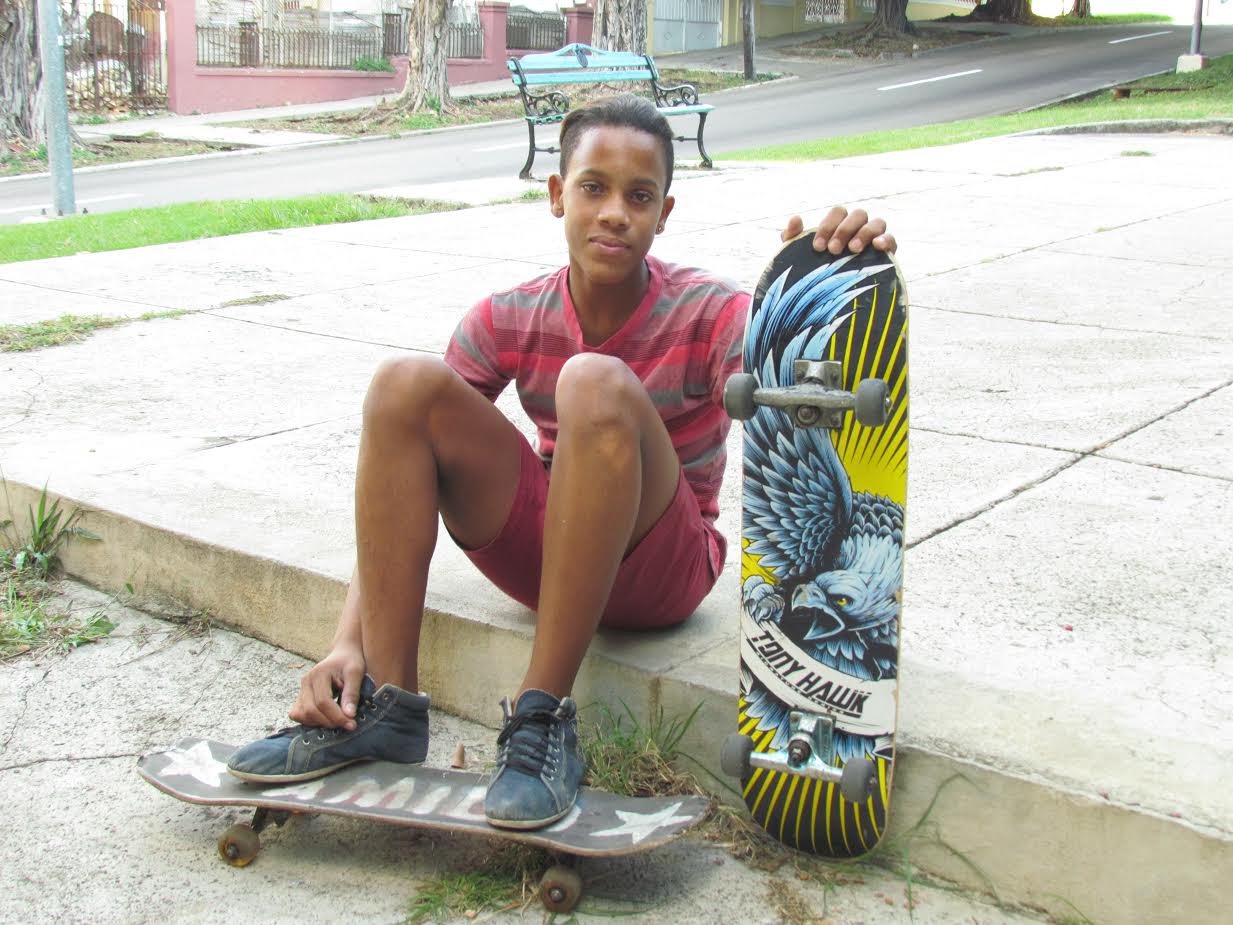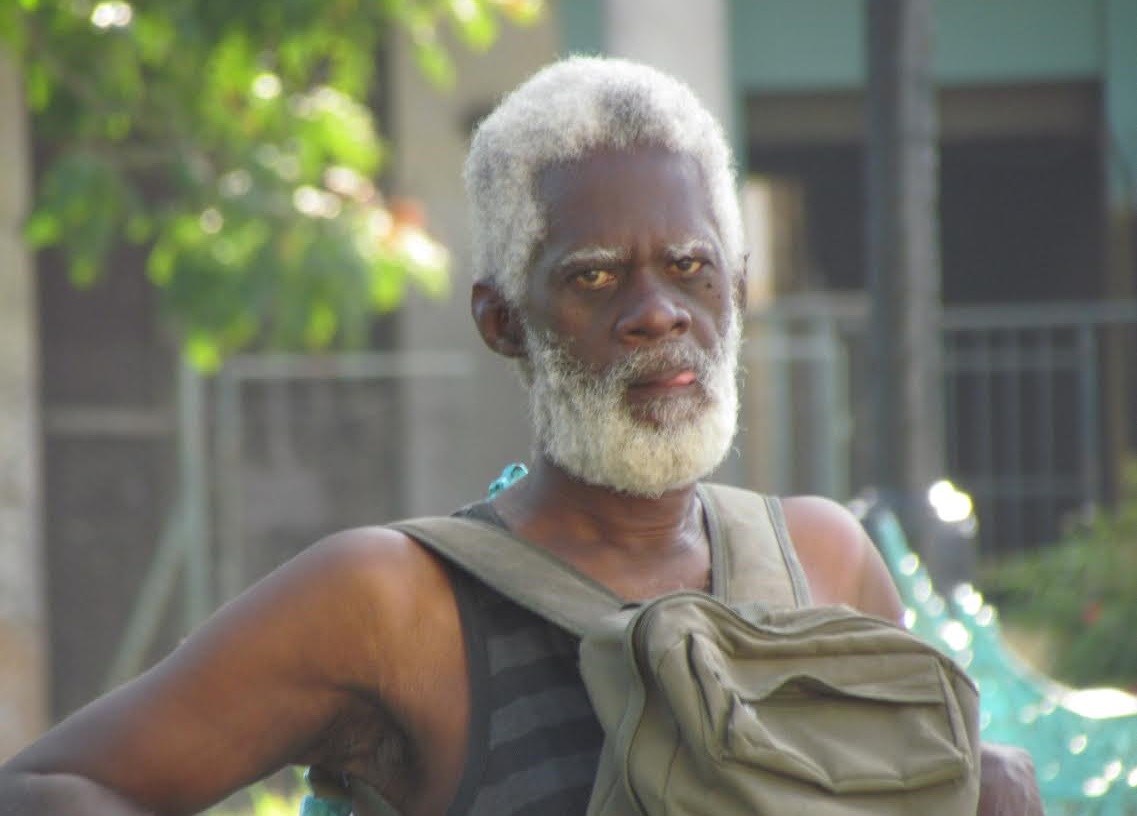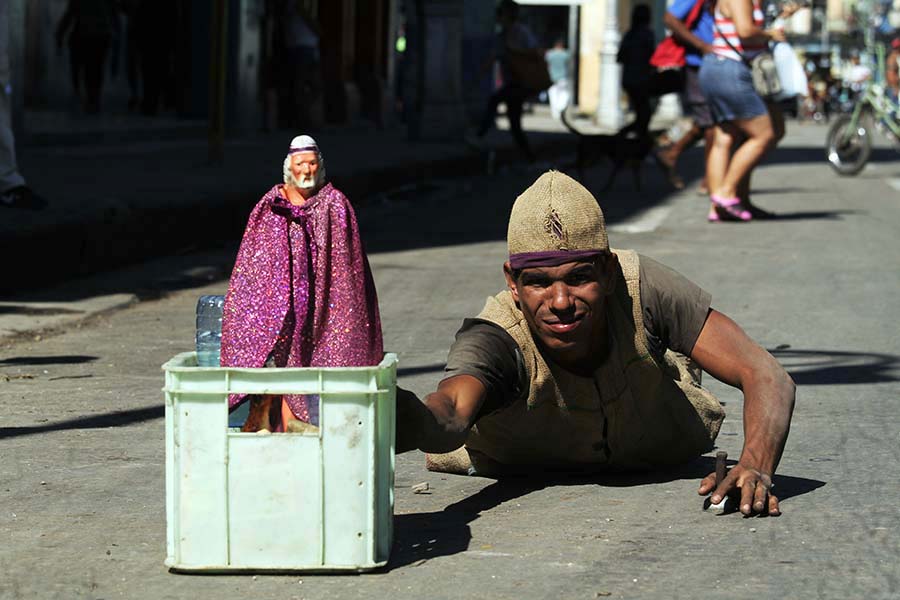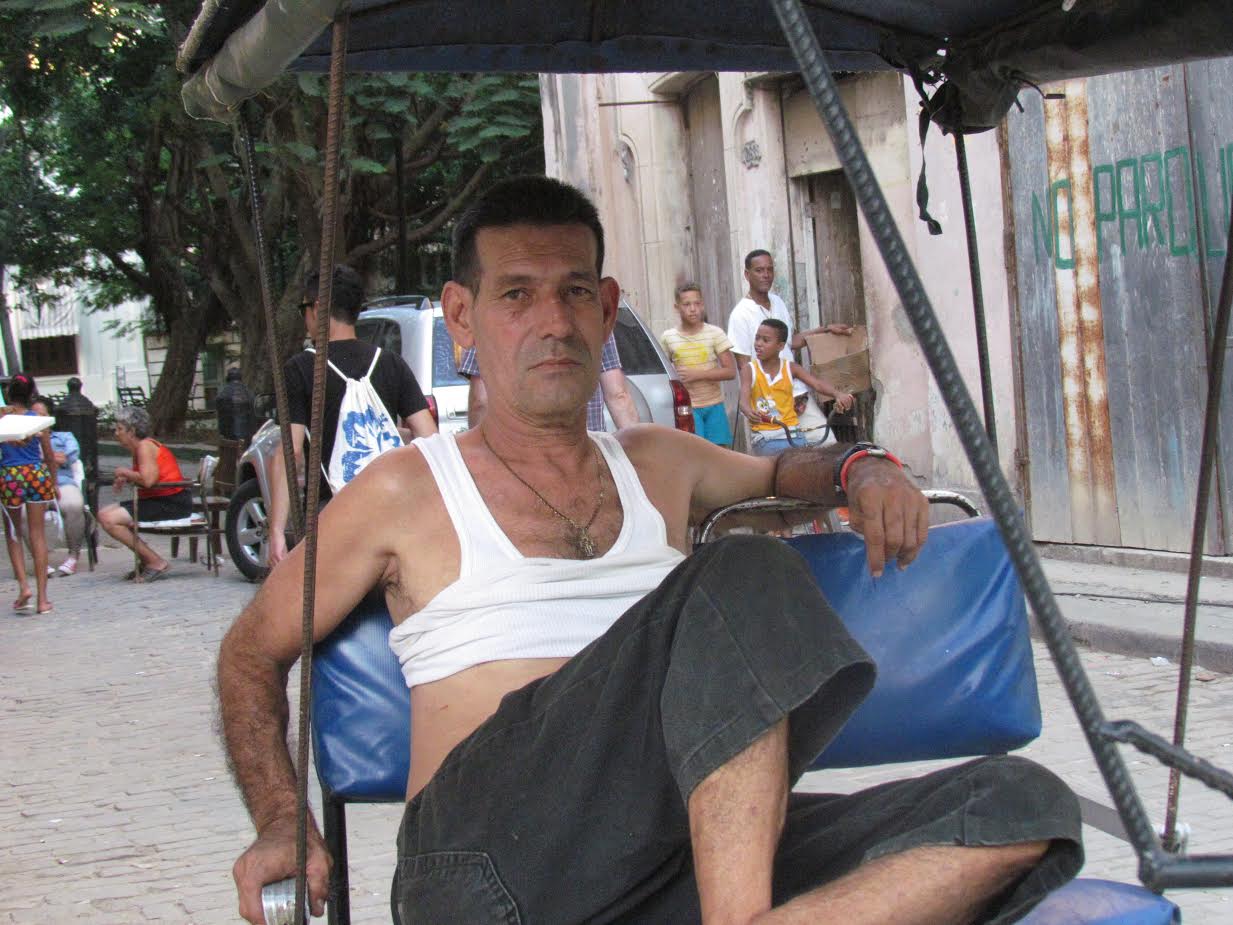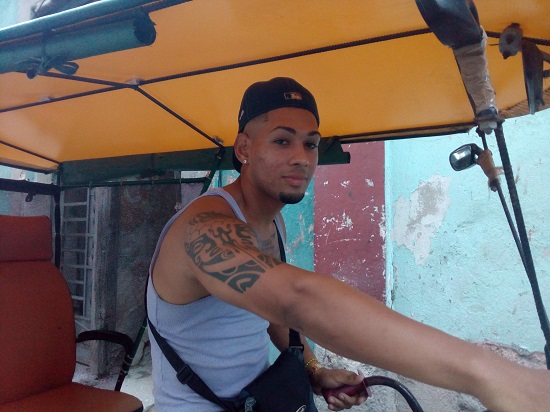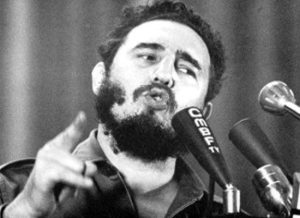
![]() Cubanet, Luis Cino, Havana, 27 March 2024 — More than a few Cubans in exile are skeptical about the scope and effectiveness of the current protests by the Cuban population. They belittle them, arguing (in agreement with the official narrative) that the demonstrations are only about food and electricity, and that to calm them down will take only bestowing a little rice and beans from the state reserves, reducing the blackouts a little, blasting some reggaeton from loudspeakers, and hauling in the kegs to dispense beer on tap.
Cubanet, Luis Cino, Havana, 27 March 2024 — More than a few Cubans in exile are skeptical about the scope and effectiveness of the current protests by the Cuban population. They belittle them, arguing (in agreement with the official narrative) that the demonstrations are only about food and electricity, and that to calm them down will take only bestowing a little rice and beans from the state reserves, reducing the blackouts a little, blasting some reggaeton from loudspeakers, and hauling in the kegs to dispense beer on tap.
Many who think this way are disgusted and scared when they see protesters in flip-flops, the men without shirts, yelling vulgarities and expletives against Cuban President Miguel Díaz-Canel. They cannot conceal their elitism and contempt for what they consider to be easily-manipulated mobs of hungry rabble, politically illiterate. Thus, they betray a dissociation from reality and an arrogance as great as that of the leaders of the Castro succession.
If it is true that six decades of dictatorship have eroded societal values and civic sensibilities, and managed to keep many Cubans in a state of confusion and degradation, the populace overall has had enough of so much misery and oppression, and will not be meekly herded back into the fold.
The women and men who took the streets to protest are demanding freedom, because that is what they need to live with dignity–not only food, water, and electricity, as those trickster-bosses who try to hide the will of the people would have us believe. continue reading
There is room for agreement with those who speak of the need–now and in the future, if we aspire to democracy and not banana-republic anarchy–for the protesters to have leaders who can present a coherent political program as an alternative to the regime. But we cannot look down on those who, since July 11, 2021 (11J), in their own way and within their range of possibility, have been resisting the government with demands that, within a totalitarian state, inevitably become political.
The sum total of protests documented since 2021 by the Cuban Observatory of Conflicts produces a statistic that until very recently would have been inconceivable: 12,972. And that number will only increase.
Ordinary men and women, many of them illiterate, who demand to live as human beings, are managing to back the regime into a corner — something which the pro-democracy opposition did not achieve in decades.
We must humble ourselves and, however painful it may be, recognize that those of us who were endowed with civility and a certain intellectual baggage, opposing the regime since the 1990s, have failed in our efforts. We
have done so without knowing the job, improvising as we went, with a high level of idealism, without explicitly proposing to take power; all the while denouncing the abuses of power, and struggling to open spaces for democracy in the very smallest chinks feasible, as happened with the Varela Project, the high point of the opposition. And throughout, with a high toll of beatings, imprisonments, banishments, and even murders.
But we were unable to fully connect with the average Cuban. How were we going to reach a blackmailed, frightened population, who after decades of indoctrination and ideological manipulation, was sick of harangues and rejecting anything that smelled of politics? To top it off, this population was subjected to a constant bombardment of defamation against the oppositionists, who had no right of reply via any of the media in service to the State.
Everything conspired against opposition movements. And it was not only the repression. It was also the lack of resources and the ill-use or embezzlement by unscrupulous elements of the little that there was available; insufficient or poorly directed international support; internal disagreements and conflicts due to inflated egos and roles — often fomented by undercover State Security agents; the vices and tricks of Castroism transplanted to the opposition camp; the opportunists and imposters opposition to obtain a refugee visa.
Today, leaders who were moral role models are missed, such as Oswaldo Payá, Laura Pollán, Vladimiro Roca, Elizardo Sánchez, and Gustavo Arcos Bergnes.
José Daniel Ferrer, Félix Navarro, and dozens of other oppositionists are in jail. Hundreds more have been forced into exile.
But currently, the regime has to face the daily demands of a people who are fed up with abuses and lies. Because the government has no solutions to offer, these protests will continue. And the people, unlike the stubborn bosses, have learned lessons from 11J.
In his article, “The art of protest in Cuba”, Omar López Montenegro explains, “Neo-Castroism stopped being the only referent in the life of Cubans and, therefore, the whole false mythological construction undergirding it fell apart — including stereotypes such as ‘nobody can fix this thing, but nobody can do away with it, either,’ and so many others that for years nourished a culture of apathy and acceptance of injustice as an inevitable evil. The people what changes, they want them now, and they want them as a result of their own actions, not regime accommodations or miraculous intervention by third parties.”
Translated by: Alicia Barraqué Ellison







